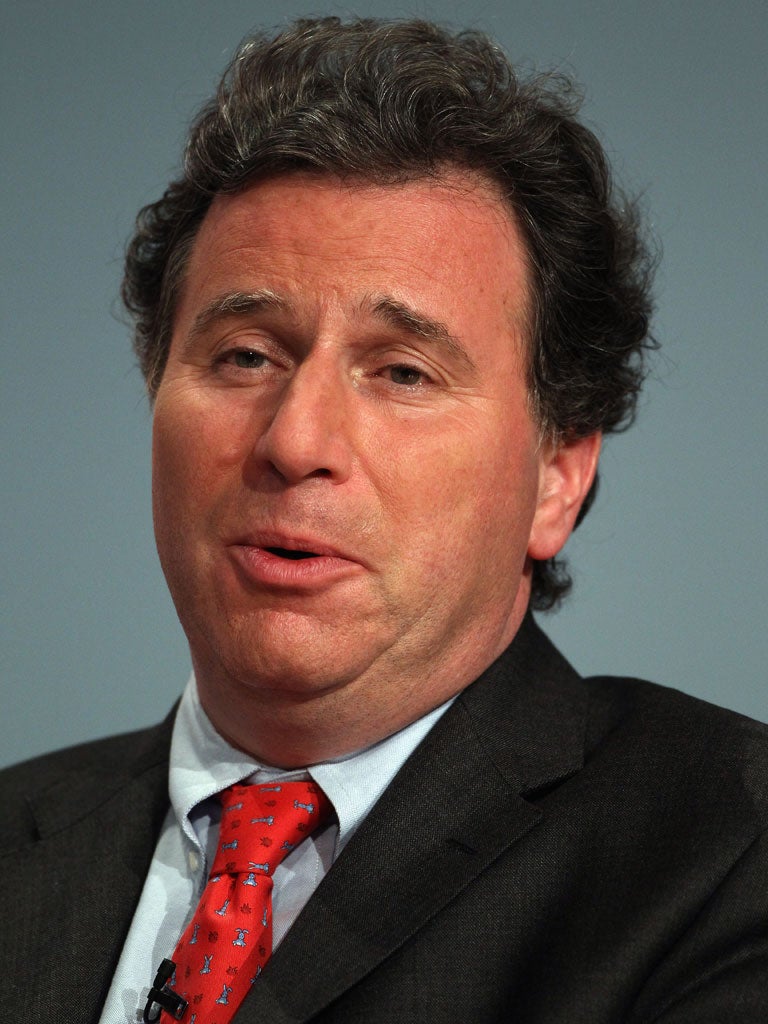Amol Rajan: What's Cameron's Big Society? A lot more quangos
FreeView from the editors at i

Your support helps us to tell the story
From reproductive rights to climate change to Big Tech, The Independent is on the ground when the story is developing. Whether it's investigating the financials of Elon Musk's pro-Trump PAC or producing our latest documentary, 'The A Word', which shines a light on the American women fighting for reproductive rights, we know how important it is to parse out the facts from the messaging.
At such a critical moment in US history, we need reporters on the ground. Your donation allows us to keep sending journalists to speak to both sides of the story.
The Independent is trusted by Americans across the entire political spectrum. And unlike many other quality news outlets, we choose not to lock Americans out of our reporting and analysis with paywalls. We believe quality journalism should be available to everyone, paid for by those who can afford it.
Your support makes all the difference.In May 2007, Oliver Letwin, probably the biggest living intellectual influence on the Coalition government, gave a speech in which he set out what Cameronism means.
The coming Tory government would differ from previous ones in two fundamental ways, he said. First, it would shift "the locus of debate from an econocentric paradigm to a sociocentric paradigm". Second, it would stop "banging on about Europe", as Cameron himself put it in his first party conference speech as leader.
Events, dear Oliver, events. The irony of this parliament is that it is now run by Tories who conquered their party as social reformers but, once in power, find themselves obsessed with Europe and the economy. As a result, the social reforms have become a secondary consideration. The unspoken strategy now is to fix Britain's "broken economy" in the first term, and our "broken society" – a disgusting phrase – in the second term. That, by the way, is how two-term American presidents generally try to be remembered.
This is the context in which my colleague Steve Richards has been examining the Big Society in his compelling Radio 4 series David Cameron's Big Idea, which concludes on Sunday. I have taken three main points from the first two episodes.
First, the Big Society represents an audacious raid into Labour territory. Former Labour minister James Purnell admits to Steve that he was struck by the adoption of Labourite principles, such as on co-operatives; Maurice Glasman, now of Blue Labour fame, says he was seeing his life's work with London Citizens stolen from him by the Tory enemy.
Second, even within conservatism, the Big Society has a distinguished and long pedigree. It is in fact an agglomeration of Edmund Burke's little platoons; and David Willetts, another major intellectual influence on the Coalition, who wrote brilliant pamphlets about civic conservatism in the early 1990s.
Third, and most crucially, the Big Society is yet to be reconciled with austerity. It may be a boom-time fantasy. Voluntary organisations might be cheaper and more efficient than state bodies. But they still need money. When their funding from individuals, corporations, and trusts disappears in a recession, they need more state help, not less.
A charity which is funded solely by the government is not a charity. It is a quango. But many charities are having to become quangos temporarily to survive.
David Cameron never envisaged the Big Society as a proliferation of quangos, but as Steve makes clear, that is what a sick economy and misconceived policies have led to.
Follow @amolrajan
Join our commenting forum
Join thought-provoking conversations, follow other Independent readers and see their replies
Comments